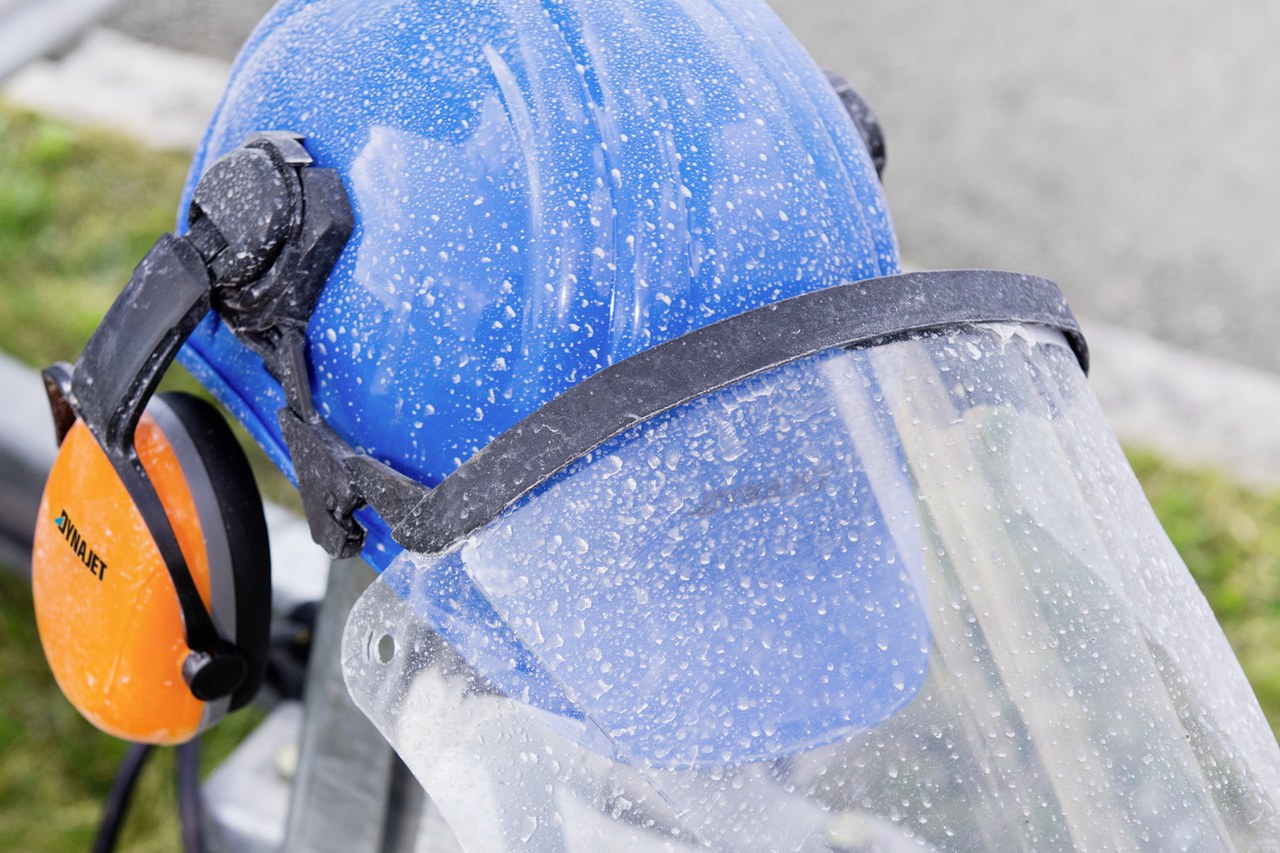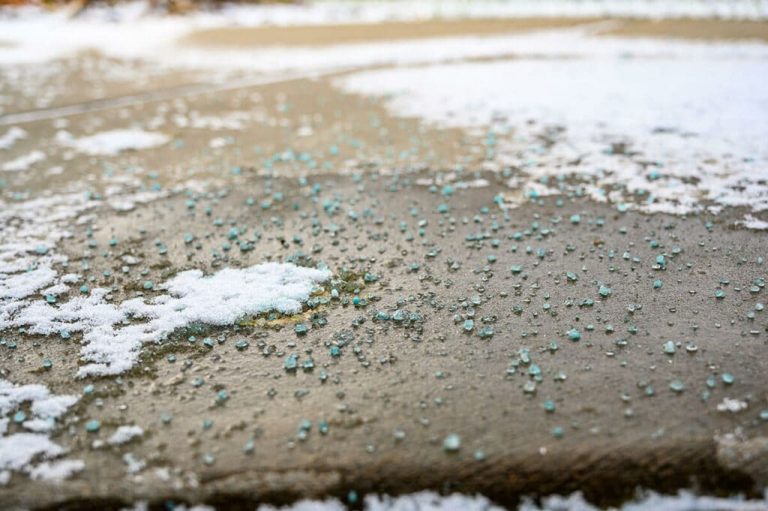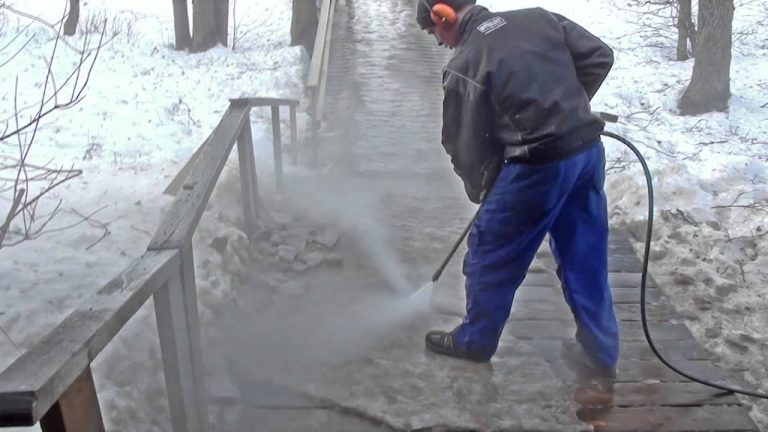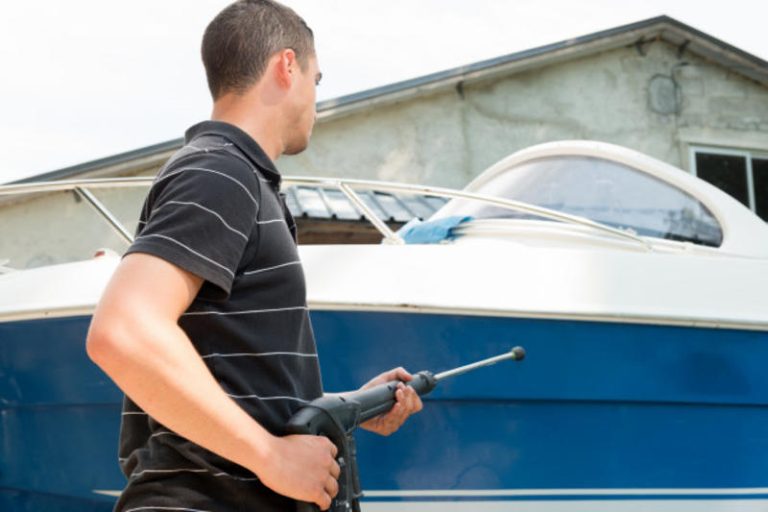
Power washing might seem like a low-risk task—you’re just spraying water, right? But that high-pressure stream can actually cause serious injuries or property damage if you’re not properly protected. That’s why wearing the right safety gear is non-negotiable when you’re tackling any power washing job.
Let’s walk through the essential safety gear you need, and why each item matters. 🧰
👕 1. Protective Clothing
You should always wear long sleeves and pants while power washing to protect your skin from:
- Water spray and ricochet
- Flying debris like rocks or paint chips
- Cleaning chemicals
Avoid thin or loose fabrics—they can cling or flap around, creating tripping hazards. Opt for thick, breathable material that provides a barrier without overheating you.
🥾 2. Closed-Toe, Non-Slip Footwear
High-pressure water hitting bare feet can easily break skin or cause slipping. Wear:
- Water-resistant work boots
- Non-slip soles
- Steel toe caps (optional for heavy-duty jobs)
Avoid sandals, flip-flops, or old sneakers with worn treads. Wet surfaces become slippery fast, especially on wood, tile, or concrete.
👓 3. Eye Protection
The water coming out of a pressure washer can bounce off surfaces and send debris flying back toward your face. Wearing safety goggles or a full face shield protects your eyes from:
- Dirt, dust, and paint flakes
- Chemicals
- Splinters or stones
Even a tiny particle can scratch your cornea or cause serious irritation. 😬
Browse Amazon Here For Power Washing Safety Gear
🧤 4. Gloves
Heavy-duty, waterproof gloves offer better grip on the wand and protect your hands from:
- Detergents or chemicals
- Blisters from vibrations
- Abrasions from rough surfaces
Choose gloves that are textured for grip and designed to handle wet environments.
🎧 5. Hearing Protection
Many gas-powered pressure washers run around 85–100 decibels, which is above the safe limit for prolonged exposure. Wearing earplugs or earmuffs is especially important if you’re:
- Using a washer for more than 30 minutes
- Working in enclosed or echo-heavy spaces
- Operating commercial-grade machines
Over time, noise exposure can lead to hearing damage—even if it doesn’t feel loud right away.
🧴 6. Respiratory Protection (When Needed)
If you’re using strong cleaners, degreasers, or mold-killing agents, it’s smart to wear a respirator or mask. This prevents inhaling:
- Fumes
- Mold spores
- Chemical mist
This is especially important when working in enclosed areas like garages or basements.
🧠 7. Helmet or Hard Hat (Optional)
If you’re power washing at heights—like on a ladder or scaffolding—a hard hat offers extra head protection in case of slips, falling debris, or overhead hazards.
✅ Final Safety Tips
- Always read the user manual for your specific power washer
- Never point the spray at yourself, others, or pets
- Maintain two hands on the wand when spraying at high pressure
- Keep bystanders (especially kids and pets) at least 10 feet away
- Never spray electrical panels, meters, or outlets
📋 Final Thoughts
Power washing is effective—but also powerful. Treat it with the same level of caution you would with any other mechanical tool. Wearing the right gear isn’t just about avoiding mess—it’s about avoiding injury.
Suit up, stay safe, and wash with confidence. 💪🦺🧽






